By Sani Idris
The Kaduna State Ministry of Education, has trained 92 Social Mobilisation Officers (SMOs) and School Based Management Committees (SBMCs) from Lere and Igabi Local Government Areas of the state on COVID-19 protocols.
The training was part of activities to scale up enlightenment in schools which had resumed full academic activities after the COVID-19 lockdown and other restrictions.
Declaring open the training on Wednesday in Kaduna, the Commissioner for Education, Dr Shehu Muhammad, said some of the learning crisis in schools was the issue of insecurity and COVID-19.
He said that the training became necessary to enhance prevention, early detection, and contact tracing of suspected cases of COVID-19 in schools.
“We still have different variants amongst us, people are still coming into the country, mutation is taking place, once such activities of humans keeps going on, there is likelihood of one variant to cross over to another, we still have a long way to go,’’ he said.
Muhammad explained that the SBMCs and SMOs at the advent of the COVID-19 were advised to ensure safety of children before going to school.
“We even advised them to organise a bus shuttle from their environment to school and the same bus to bring them back because mixing them with others in passenger buses will make them likely to get infected”.
He assured the SBMCs and SMOs of the ministry’s support and the plan to scale up the training to all parts of the state.
“We are already under an agile project, we have been training the SBMs, we have asked all schools particularly junior and senior secondary schools to open accounts where we will be supporting them with resources to address minor issues”.
He urged them to present themselves for COVID-19 vaccination when is starts in their communities so as to convey a message that the vaccine is safe for everyone.
“If you don’t take the vaccine, you are indirectly communicating to the community that ‘as I am educated and as far as I am concerned, the vaccine is not safe’, we have to lead by example”, Muhammad said.
Also, Alhaji Mu’azu Lawal, the ministry’s Director of Educational Planning, said the training would avail the participants the knowledge to also train others in their communities on COVID-19 protocols.
“There is the need to train teachers to imbibe the COVID-19 protocols to ensure healthy students.
“The Global Partnership in Education (GPE) selected only two LGAs as a sample, so as to have people who can be utilised to subsequently scale up the training to other LGAs in the state,’’ he said.
The News Agency of Nigeria (NAN) reports that the training was funded by GPE and supported by the UN Children’s Fund (UNICEF). (NAN)
==========
Edited by Fati Sule and controlled by Maharazu Ahmed
____________
Other stories, redirected
'Nigerians are not politically-educated enough,' Moghalu laments
Moghalu blames poverty, and relatively low literacy rate for hampering Nigeria's democracy.
Former presidential candidate, Kingsley Moghalu, believes Nigeria doesn't yet have a democracy because the people are not as involved in the process as they should be.
As a candidate of the Young Progressive Party (YPP), the former deputy governor of the Central Bank of Nigeria (CBN) contested in the 2019 presidential election but won less than 22,000 votes.
The 58-year-old promptly left the YPP and partisan politics to focus on electoral reform and voter education with a non-partisan platform called To Build A Nation (TBAN).
While speaking on Hard Facts with Sandra Ezekwesili on Tuesday, June 15, 2021, Moghalu said Nigeria's democracy only benefits the political class without meeting the purpose of democracy for the people.
He noted that the country needs an informed electorate that makes democratic choices with full knowledge and capacity for democracy to work.
"One of the reason why the people are still missing in the equation is that the people are not politically-educated in the way they should be for a democracy to have value," he said.
Expanding on why Nigeria's democracy has failed to function properly, the former presidential candidate blamed poverty, and relatively low literacy rate.
He said the political class has used these two factors to capture the civic space and use citizens as tools for elections.
He noted that Nigerians tend to vote based on ethnic or religious considerations, and for the two major parties, even though they're not getting good governance.
"People in Nigeria do not yet have that ability to assess an electoral set up and make informed choices.
"You see them voting for the two major parties, not because of ideologies but mostly because those two parties have mastered the democratic space through all sorts of games," he said.
Offering another reason why democracy is lagging in Nigeria, Moghalu said there are no truly independent institutions to uphold it like they should.
He accused the Independent National Electoral Commission (INEC) of tending to support the government in power by manipulating the electoral process.
He said the only way to conquer the highlighted challenges is for people to realise their individual and collective powers and overwhelm the obstacles, especially by going out to vote in larger numbers than in the past.
"You can overwhelm the rigging machine and all these shenanigans if the people themselves are determined. This is what we hope will happen in 2023," he said.
Moghalu yet again affirmed his intention to run for the office of president a second time in 2023, and assured he's already developing a grassroots structure to support his run.
Eyewitness? Submit your stories now via social or:
Email: eyewitness@pulse.ng




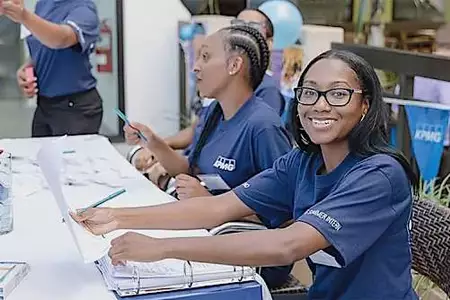


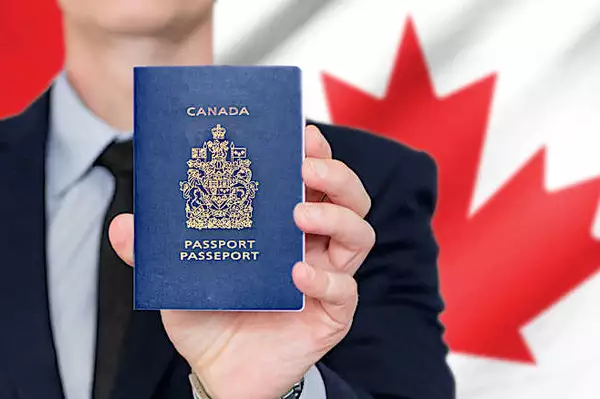

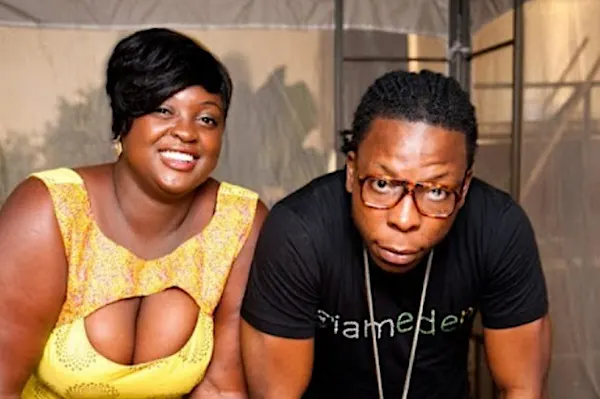
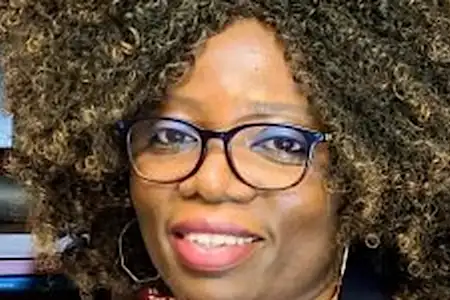
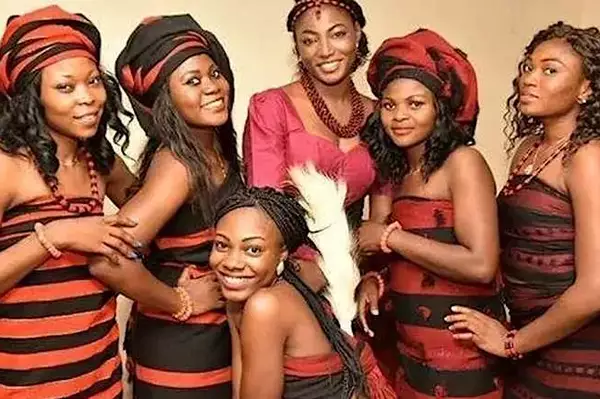

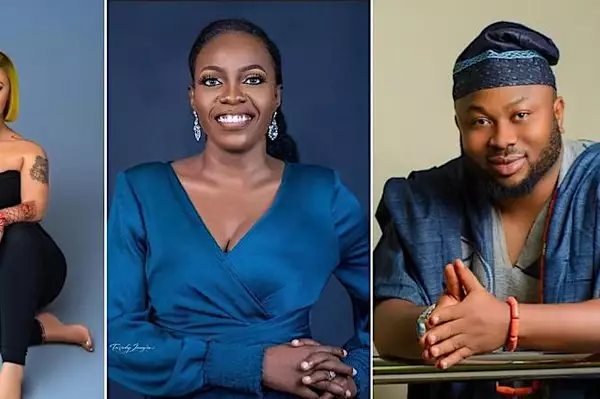
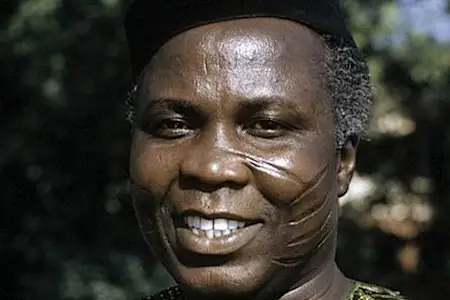


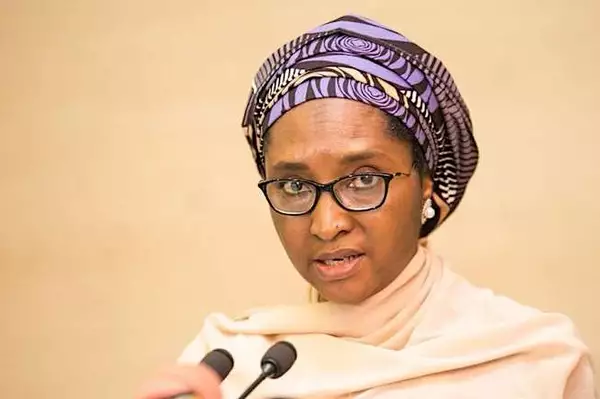
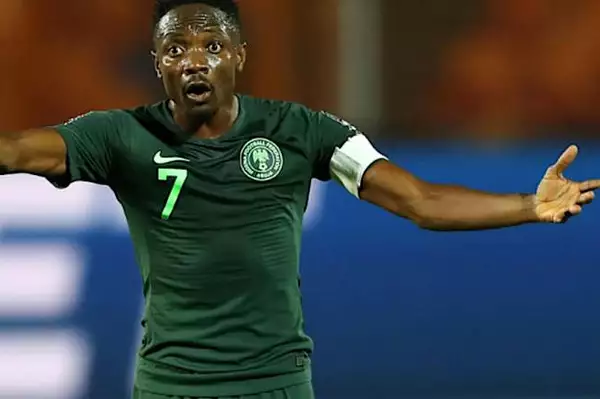
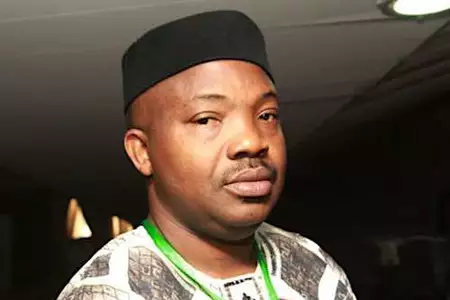
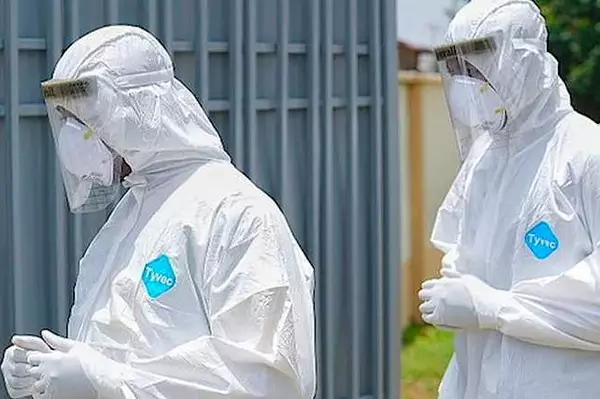
![On 'Rum & Boogie,' Peruzzi brings 90's energy into the 2020s [Pulse Album Review] On 'Rum & Boogie,' Peruzzi brings 90's energy into the 2020s [Pulse Album Review]](https://images.outbrainimg.com/transform/v3/eyJpdSI6IjAyZjkyOTc3ODJkYjExYmI3YTFhNWMyYjRiYzk1ZGEwNDU0NzU0YjZhNDBmNzBlOWI4NmZhMThhNGM3MGY4NzciLCJ3Ijo0MDAsImgiOjI2NiwiZCI6MS41LCJjcyI6MCwiZiI6NH0.webp)
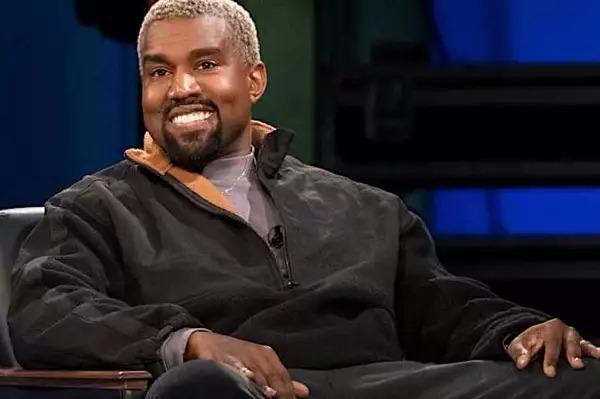


No comments:
Post a Comment